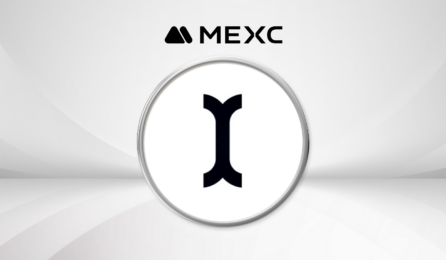
US SEC makes a move against another ICO
- The US SEC is still purging fraudulent ICOs, with its latest move being against the company Opporty International, and its owner.
- The regulator has been trying to identify and punish securities-selling ICOs ever since token sales became a hit in 2016 and 2017.
- However, the regulator also turned its sights to IEOs, warning the public that they are as untrustworthy as ICOs ever were.
The US Securities and Exchange Commission (SEC) continues its campaign against ICOs in 2020 as well. Recently, the regulator made another move against supposedly fraudulent Initial Coin Offerings which sold unregistered securities in an attempt to raise funds back when ICOs were at their peak.
This time, the regulator is pressing charges against Opporty International, Inc, and its owner Sergii “Sergey” Grybniak. According to the SEC, the company and its owner offered unregistered securities in an ICO that managed to raise around $600,000, tricking 200 investors in the process. The investors who participated allegedly include both, US citizens and foreign investors.
This is only the last one in a long string of lawsuits that the SEC has filed against fraudulent ICOs that have sold securities, without previously registering them with the authorities. This means that ICOs were not registered as securities offerings either, which ensured that their investors do not have the necessary protections.
Doing so is against the law, which was bound to lead to charges as soon as the regulator’s attention was caught. The SEC also noted that the company Opporty and Grybniak made a number of false, misleading statements in order to attract investors. Some of the statements include over-exaggeration of the number of actual, as well as potential users of the project’s platform, but also claims that the ICO was, indeed, registered, regulated, and in compliance with the current laws.
The SEC is keeping up: IEOs are no better than ICOs
Copy link to sectionThe SEC has been rather successful at axing ICOs, and it even went after some of the biggest projects, such as Block.one — the published or EOS — which raised $4 billion. The regulator then charged it with a $24 million fine. Right after that, the SEC ordered a halt of Telegram’s token sale, stating that the sale was not registered and that it is not regulatory compliant.
While the ICO sector is still far from being resolved, the SEC also started looking into IEOs, which became popular in early 2019, starting with Binance’s sale of BitTorrent (BTT) token. Recently, the regulator warned investors that IEOs are paying exchanges in order to get listed and sold via their platforms, which makes them just as dangerous as ICOs.







